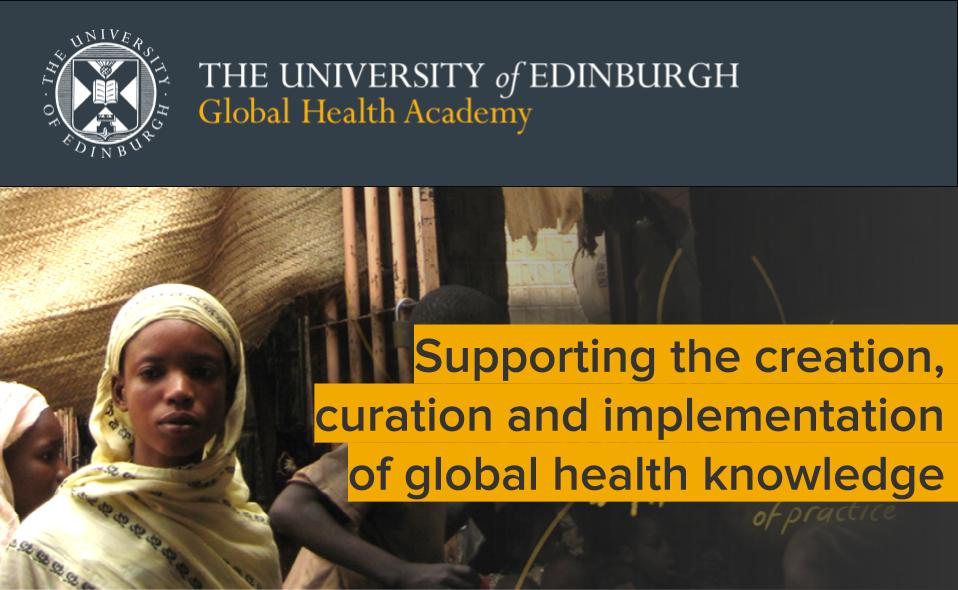Thinking about the post-MDG era
In 2015, the current eight Millennium Development Goals (MDGs) will expire. Results will be mixed, some will be met and some will not. What is clear, however, is that the MDGs have shaped the way we think about development, and our priorities and approaches to alleviating poverty.
The MDGs gave new prominence to the health issues affecting the poor; although their focus was restricted and derived from a top-down process of deliberation, rather than informed by inclusive analysis and a thorough prioritisation of development needs. Subsequently, the narrowly focused and largely sector-specific MDGs left gaps in coverage and failed to realise synergies between the foci covered by the goals (education, health, poverty, and gender). MDG 6 in particular—“combat HIV/AIDS, malaria and other diseases”—sidelined many of the communicable and non-communicable diseases that perpetuate the cycle of poverty in developing countries. And yet, the very act of naming HIV/AIDS and malaria raised the profile of these diseases immeasurably, stimulating increased funding, focused policy and dedicated institutions and programmes.
In response to the narrowness and specificity of the MDGs networks, alliances and lobby groups have emerged to argue for other priorities, perspectives and approaches. One of the most vocal examples – and the focus of the article – is the alliance arguing for Neglected Tropical Diseases (NTDs), a cluster of diseases of the bottom billion that are underserved with regards to research, treatment and control, to be included in the set of Goals that will replace the MDGs after 2015. At the moment it is looking increasingly likely that NTDs will be name-checked and specifically included in the “new” MDGs. This will be no mean feat.
The case for including NTDs in the post-2015 agenda has been building since their omission from MDG 6, which served as a call to arms for a group of concerned stakeholders, who have since contributed to a series of landmark initiatives that have placed NTDs firmly on the international agenda.
One “advantage” that the NTDs may have in a more enlightened and nuanced post-MDG era (with regards to development as well as to health), is that, by their very nature, they “undermine healthy lives” and cut across and threaten to undermine multiple silos of MDGs. This suggests a potentially fruitful bifurcated approach where focusing on NTDs can help make concrete inroads into reaffirmed or tweaked post-2015 MDGs, or NTDs can be used to articulate a set of goals that do not represent silos as targets to be met, but rather represent the strengthening of the institutions we need to manage the complex social, economic, environmental, and health systems that interact to shape future development.
Controlling NTDs in a post MDG era
MDGs and NTDs: Reshaping the Global Health Agenda
INZI Project (Investigating Networks of Zoonosis Innovation)
Professor James Smith, Director, Global Development Academy, University of Edinburgh
Dr Emma Michelle Taylor, Research Fellow, INZI Project, Centre for African Studies, University of Edinburgh






